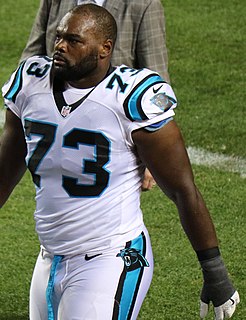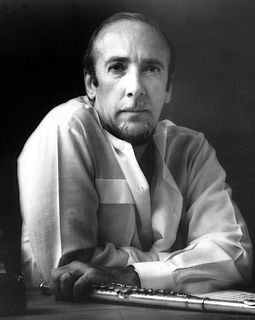A Quote by Lynne Tillman
There's not usually one reason why we do anything and, in fact, often we don't know why we've done what we've done, especially what we have said or why, for instance, in conversation, which can be very tricky. Finally, we say something and think, "Why did we say that?" In retrospect we might know.
Related Quotes
Very commonly I get queries. Somebody saw something of mine on YouTube and of course if there is a talk on YouTube, there aren't any footnotes - and they want to know why did you say this. Well if they bothered to look up something in print, they would've seen why I said that. If they ask for evidence, I just say well take a look and mention something they can read and that usually ends the conversation.
Having done Spaced, I can't even remember it being that difficult on Spaced, but we know what the end's going to be like. We know why we're putting in this amount of work, or why a shot might be particularly tricky, because we know that what we do is create a whole package. It's the writing, the performances, and the style of camerawork, that's what we're working toward, and we're prepared for that.
Your cowardly self-delusions about “love” when you know as well as I do that there’s never been anything between us but contempt and distrust and a terrible sickly dependence on each other’s weakness- that’s why. That’s why I couldn’t stop laughing about the Inability to Love, and that’s why I can’t stand to let you touch me, and that’s why I’ll never again believe in anything you think, let alone anything you say
Every form has its own meaning. Every man creates his meaning and form and goal. Why is it so important - what others have done? Why does it become sacred by the mere fact of not being your own? Why is anyone and everyone right - so long as it's not yourself? Why does the number of those others take the place of truth? Why is truth made a mere matter of arithmetic - and only of addition at that? Why is everything twisted out of all sense to fit everything else? There must be some reason. I don't know. I've never known it. I'd like to understand.
My father wasn't around when I was a kid, and I used to always say, 'Why me? Why don't I have a father? Why isn't he around? Why did he leave my mother?' But as I got older I looked deeper and thought, 'I don't know what my father was going through, but if he was around all the time, would I be who I am today?'
For them [LGBT group], language has to say exactly what it means. "Why aren't you proud of being gay?" they wanted to know. "Why are you so dark? Why are you so morbid? Why are you so sad? Don't you realize, we're all okay? Let's celebrate that fact." But that is not what writers do. We don't celebrate being "okay." If you want to be okay, take an aspirin.
So the main question is not, Which humans brought about the death of Jesus but, What did the death of Jesus bring about for humans - including Jews and Muslims and Buddhists and Hindus and nonreligious secularists - and all people everywhere?When it is all said and done, the most crucial question is: Why? Why did Christ suffer and die? Not why in the sense of cause, but why in the sense of purpose?
As he was about to leave, she said, "Murtagh." He paused and turned to regard her. She hesitated for a moment, then mustered her courage and said, "Why?" She though he understood her meaning: Why her? Why save her, and now why try to rescue her? She had guessed at the answer, but she wanted to hear him say it. He stared at her for the longest while, and then, in a low, hard voice, he said, "You know why.







































